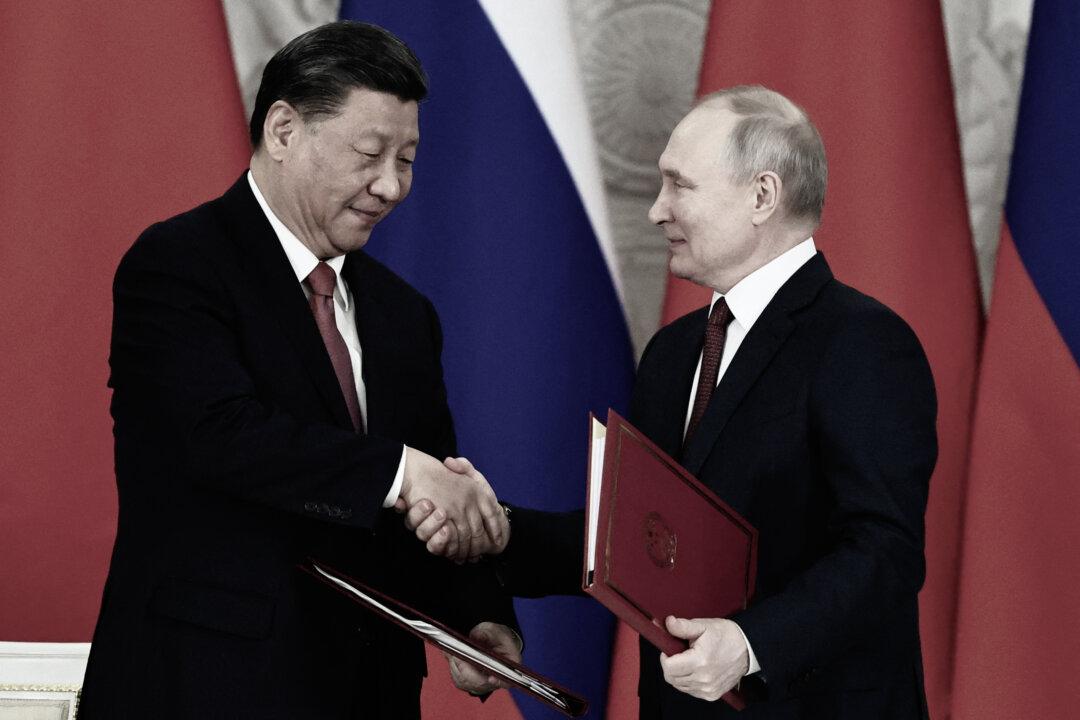Commentary
March is a month where strategic moves have been made by world leaders. We will first take a bird’s eye view on the geopolitical events, and carry on our discussions from a Hong Kong perspective.

Commentary
March is a month where strategic moves have been made by world leaders. We will first take a bird’s eye view on the geopolitical events, and carry on our discussions from a Hong Kong perspective.